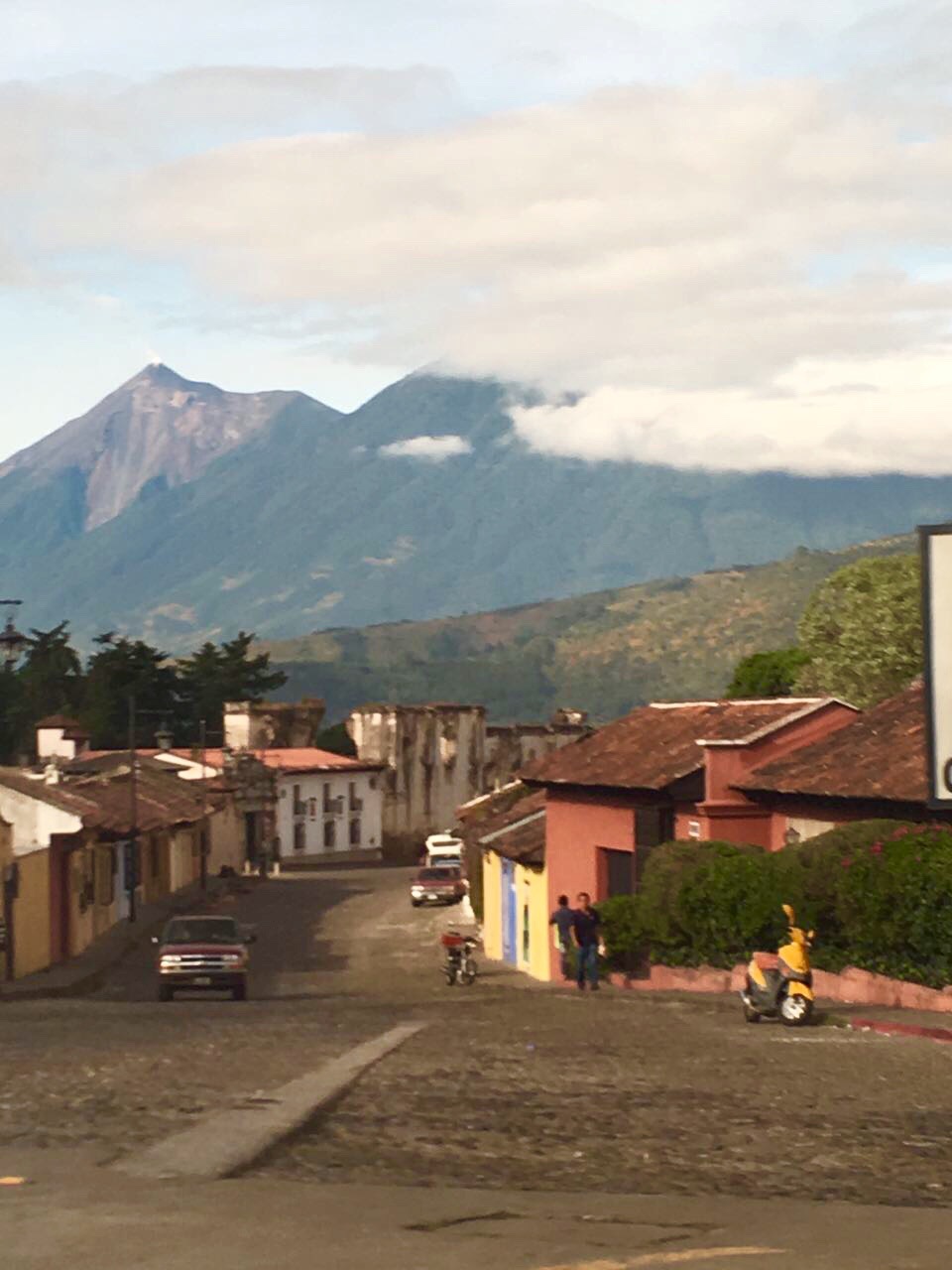In the United States, health insurance (and good medical service) is provided in tiers of service starting off with basic and attaining levels based on income, professional class association and of course, employment benefits. Health insurance for the most part is attached to employment. No work, equals no private insurance. There is the American Affordable Care Act that does provide funding to cover some who are below federal thresholds of poverty, however out of pocket expenses can still cause significant financial damage. At the other end of the financial spectrum, if one is financially independent, then purchasing private health insurance is an option for all members of the family unit.
Each year brings the opportunity for billable, legal and contractually approved payments between doctor, hospital and insurance carrier, all under “highly qualified individuals serving you.” For employees, as a benefit of working for an employer, there is paid health insurance that covers routine office calls, vaccinations, etc., but apart from that, everything else is lost in ambiguity that if there is a dispute, is potentially only resolved through multitude of phone calls, clarifications, excessive complaints and/or pleading.
What the doctor orders isn’t necessarily what gets delivered. Most doctor orders from the medical provider must be filtered through insurance carriers for ‘prior approval’ whether it be a medical test or prescription medicine. There simply is no end to the privileged “luxury” one experiences when it comes to the fact that over the past decade, working, middle-class Americans increasingly pay significantly more out of their wallet than what is covered. More so, there is no end in sight to what American consumers will endure, all to maximize the ‘protect my life at all cost.’
 A litany of American cable television shows have produced ‘medical expose stories’ including print-journalism, investigative television shows, narrative documentaries etc., all have routinely extolled how, much like private school and college/university student loans in America, the medical insurance complex/industry will continue to self-regulate and in almost all cases, push Americans to reach deeper into their wallet to cover costs when insurance industry/corporation refuse to pay out for variable reasons not disclosed to the recipient/insured.
A litany of American cable television shows have produced ‘medical expose stories’ including print-journalism, investigative television shows, narrative documentaries etc., all have routinely extolled how, much like private school and college/university student loans in America, the medical insurance complex/industry will continue to self-regulate and in almost all cases, push Americans to reach deeper into their wallet to cover costs when insurance industry/corporation refuse to pay out for variable reasons not disclosed to the recipient/insured.
The lack of sufficient medical insurance coverage challenges the average American, working-class family and are certainly not new revelations. These challenges, or more specifically, barriers to medical access have been around for decades and prior to that, go back further into the annals of time. Increasingly, many working-class Americans are putting off addressing health issues until confronted with worst case scenarios, all in the name of saving what little they have managed to scrape and save.
In days long ago, many travelers would seek hot water/mineral treatments hoping these mineral waters would cure what ails them. One only needs to recall the ancient city of Bath, England, as the premier place for aristocratic travelers. Going back further in time, even the Greek God of medicine, Asclepius, provided therapy for what ails and attracted travelers from all over the Mediterranean. The concept of what became known as medical travel and/or medical tourism is certainly nothing new, nor is it limited to Americans in general.
But the concept of privatized health insurance is something that many industrialized countries around the world do NOT participate in wholly and en-masse. Those that do, offer it as a buffer to enhance that of public medicine. In the United States, there is no public option for the working class, separate from what is tied to employment. One can literally go bankrupt and lose all tangible possessions including their home, cars and future wages at the sole discretion of hospitals who will aggressively seek to recoup their financial costs, all under as mentioned earlier, providing world class treatment under highly qualified services.
As a result, those seeking treatment and ideally, alternatives, prescriptions and medical services recognize that both, to the North (Canada) and South (Mexico) have created lots of opportunities, something of a growing cottage industry, complete with marketing services that reach out to Americans. Liposuction, dental implants, prescription medicines, cardiovascular surgeries and other medical procedures not approved under various health insurance plans can be found in these countries.
In conversations with Snowbirds (those who live in the Northern environs of the United States and travel to the southern, warmer parts of the country during the winter, they share that it was routine to head across the border to points such as Los Algodones, Mexico (West of Yuma, Arizona) for prescription refills, dental work and glasses. Towards the end of the winter sojourn, prior to returning North, many of these same snowbirds would stock up on medical supplies for the year; in doing so, this secures the exorbitant out-of-pocket expenses in between visits.
Over the years, as reputations built that these services in Mexico were provided by the same “highly qualified individuals,” (many pharmacy technicians, doctors and nurses are sometimes trained in the United States; those that are trained at universities in other countries still routinely use American textbooks translated in Spanish and/or other languages).
A courtesy search of “medical travel Mexico” or “medical services Guatemala” show that international medical travel is a burgeoning business, led in some cases by former Americans who are now living South of the border. These individuals recognize what was once a niche service but now are increasingly mainstream.
Such is the case with Lori Shea, founder and proprietor of Guate Medical Travel, a bricks and mortar business that offers a litany of services that won’t break the bank or force bankruptcy for Americans seeking medical services outside the U.S.A. It is not unusual for similar procedures in the United States, performed in Guatemala, to be to be at leastfifty percent or less.
Lori established Guate Medical Travel and more recently, established the Guatemala retirement business called Casa Muriel, providing assistive living on the outskirts of the UNESCO village, Antigua. Suffice to say, between her Guatemala Medical Travel business and now, her newest business venture, providing assistive living care for individuals, is certainly keeping her busy. With the rise in medical tourism, individuals like Lori are making sure that all travelers have an option outside of the United States. She works with them to have all their questions answered and then provides them with additional options they may not have thought of prior to coming to Guatemala. These medical tourists make follow-through plans with Lori, travel to Guatemala and have services completed with successful follow-up post-surgery. Logistically, Guatemala is an easy two, two-and-a-half-hour flight from many points in the Southern portion of the United States.
The irony isn’t lost that increasingly today, American insurance corporations are now following what Lori is doing. In addition to those snowbirds seeking treatment outside of the United States seeking a second opinion ranging from ophthalmology, cardiovascular, etc are now being followed by insurance carriers. These American insurance carriers are increasingly contracting with medical service professionals in various countries around the world and more so right in Guatemala. If one is fortunate to have health insurance, logging on to ones’ electronic account; exploring services outside of the United States might yield some pleasant, beneficial results to consider outside USA options.
Medical tourism, medical retirement and second opinions are often sought after for rich individuals with seven-figure plus, financial accounts.
Shouldn’t it be available to those with five-figure accounts?




